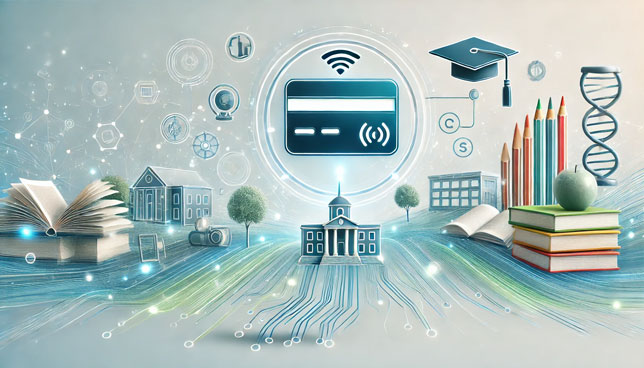K-12 Technology News
Here you'll find the latest news from the education technology world, from the newest hardware and software releases to policy and funding updates to research reports to school and district tech initiatives. Looking for more in-depth coverage of important topics? Be sure to visit our Features page.

Registration is free for this fully virtual May 7 event, focused on "Thriving in the Age of AI" in K-12 and higher education.

Tech training provider Innovate Tech X has introduced a new Certified AI Engineer Pathway Program designed to help high school students attain in-demand skills and certifications in artificial intelligence.

The United States Department of Education has announced a change to its policies around Elementary and Secondary School Emergency Relief (ESSER) funds.

The Southern Regional Education Board's Commission on AI in Education has published six recommendations on adopting artificial intelligence in schools, colleges, and universities. The guidance marks the commission's first release since it was established last February, with more recommendations planned in the coming year.

A new study on how knowledge workers engage in critical thinking found that workers with higher confidence in generative AI technology tend to employ less critical thinking to AI-generated outputs than workers with higher confidence in personal skills.

Hiring and keeping educators and IT staff remains the top challenge for K-12 education in 2025, according to the latest Driving K-12 Innovation Report from the Consortium for School Networking (CoSN).

Microsoft has confirmed that hardware development for its HoloLens mixed reality headset has officially come to an end.

Organizations must reassess traditional approaches to AI development in light of DeepSeek AI's disruptive debut, according to the Cloud Security Alliance (CSA).

OpenAI has canceled plans to release its o3 model, opting instead for a "simplified" product lineup centered on its upcoming GPT-5 product.

Digital engagement company ParentSquare has introduced ParentSquare Pay, a school payments solution for its flagship communication platform.